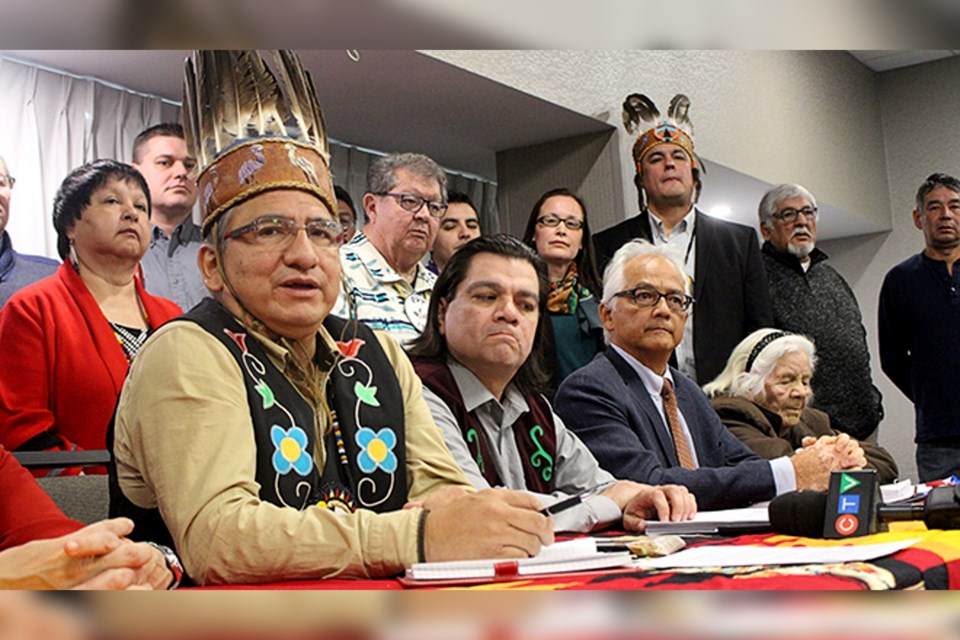In light of the Supreme Court of Canada’s decision to allow the provincial government to proceed with its appeal of the annuity case, the Robinson Huron Treaty Litigation Fund (RHTLF) is calling on Premier Doug Ford to “honour the promise he made during his election campaign to negotiate a settlement of the Robinson Treaties Annuity case,” reads a release.
“The RHTLF further urges the premier to put the appeal into abeyance to allow the parties to negotiate a settlement of the longstanding case.”
The Ontario government went to the Supreme Court of Canada seeking to challenge a ruling by the Court of Appeal for Ontario, which found the Crown had violated the terms of its treaties with the Anishinaabe of the northern shores of Lakes Huron and Superior by capping its annual payments at $4 per person for more than a century.
The Supreme Court of Canada has granted Ontario the opportunity to argue its appeal. The federal government did not appeal the ruling and has committed to negotiating a settlement of the case.
“Ontario’s appeal is disappointing,” said Chief Duke Peltier of Wikwemikong First Nation in a press release. He noted it potentially delays reconciliation and “prolongs the denial of justice for the Robinson-Huron Treaty beneficiaries who have been waiting over a century and a half to benefit from the promises set out in the treaty for resource revenue sharing.”
The initial trial concluded that the Crown has a mandatory and reviewable obligation to increase the treaty's annuities amount when the economic circumstances warrant, reflecting a fair share of the value of the net Crown resource-based revenues generated from the territory.
The Ontario Court of Appeal upheld the trial decision and also encouraged the parties to negotiate a settlement. The majority decision of the Court of Appeal strongly urged the parties to negotiate a modern agreement for the implementation of the treaty.
“Regardless of the Supreme Court’s decision to grant leave of appeal to Ontario, we fully expect the court to come to a similar conclusion that the Crown promise for resource revenue sharing is an enforceable obligation and encourage reconciliation through a negotiated settlement,” said Chief Dean Sayers of Batchewana First Nation in a release.
“For over 20 years the Supreme Court of Canada has been stating that reconciliation is a key imperative embodied in Section 35 of the Constitution Act, 1982, which affirms Aboriginal and treaty rights,” Sayers added. “The honourable course of action for Canada and Ontario is to work with us to achieve a negotiated settlement and not delay the inevitable that the Crown made a commitment in the Robinson-Huron Treaty and the law requires the Crown to live up to their legal obligations.”
The case is scheduled to proceed to Stage 3 in October with the focus being on determining the value of the compensation owed and the respective liabilities of Canada and Ontario.
“It is a fundamental value of the Anishinaabe, and we believe it to be a fundamental value of Canadians that when the government, when the leadership of the community, makes promises to the people, the government must keep those promises” said Sayers.
Jenny Lamothe is a reporter with Sudbury.com. She covers the diverse communities of Sudbury, especially the vulnerable or marginalized, including the Black, Indigenous, newcomer and Francophone communities, as well as 2SLGBTQ+ and issues of the downtown core.
